Your dog has been having trouble with diarrhoea for a while now, and you've tried everything to help them, but nothing seems to be working.
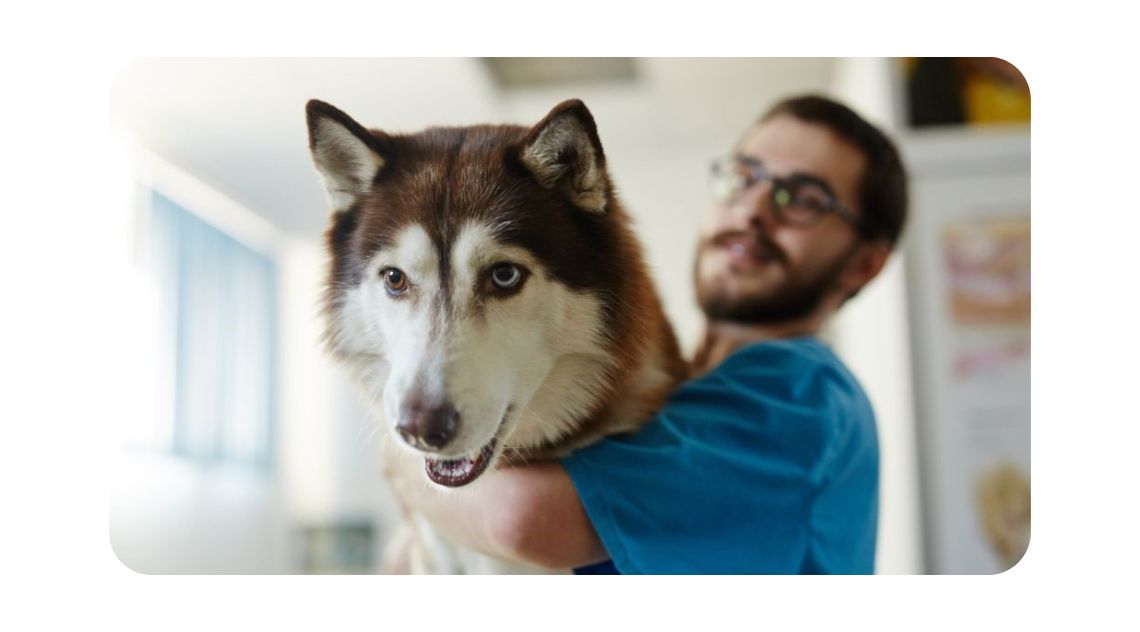
You're not alone. Diarrhoea is one of the most common problems that dogs can face. It can be caused by anything from stress to eating something they shouldn't have.
We have the perfect tips for your pup's diarrhoea woes, with recommended medicines to help your dog get back to his old self in no time.
First, it's essential to figure out what's causing your dog's diarrhoea. If it's something he ate, chances are it will run its course, and he'll be back to normal in a few days.
If the diarrhoea results from stress or anxiety, you may need to help him relax with some calming treats or supplements, but if the diarrhoea is chronic or severe, it's time to see the vet. They can rule out any serious medical conditions and prescribe the best medicine for your dog.
Your vet can prescribe a number of different medications for your dog's diarrhoea.
Diarrhoea is defined as watery, soft, or runny stools. It can be accompanied by other symptoms like vomiting, bloating, weight loss, and dehydration. Diarrhoea is one of the most common problems that dogs face and can be caused by anything from stress to eating something they shouldn't have.
The best way to treat your dog's diarrhoea will depend on the underlying cause. If it's due to something he ate, chances are it will run its course, and he'll be back to normal in a few days. However, if the diarrhoea results from stress or anxiety, you may need to help him relax with calming treats or supplements.
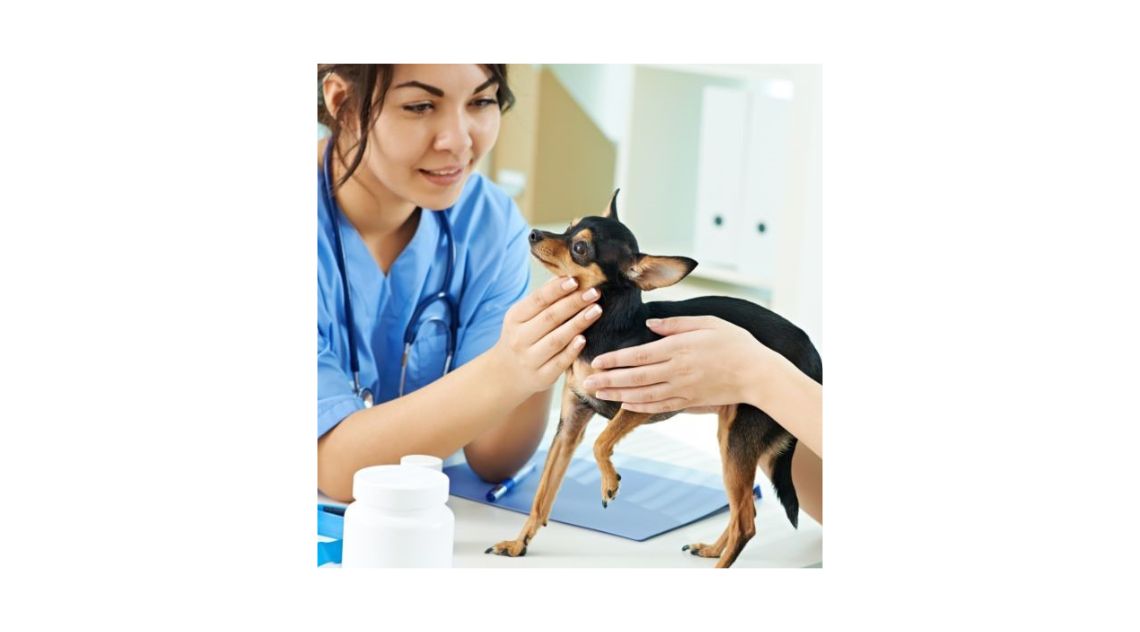
There are a few different medicines that your vet may prescribe for your dog's diarrhoea.
The most common type of medicine is an antidiarrhoeal, and these work by helping to firm up your dog's stools and slow down the movement of his digestive system. Antidiarrhoeals are available over-the-counter and by prescription.
Other medicines that your vet may prescribe include antibiotics, probiotics, and anti-inflammatory drugs. These are typically used to treat underlying infections or inflammatory conditions that may be causing your dog's diarrhoea.
There are a few different over-the-counter medicines that you can give your dog for his diarrhoea. The most common is an antidiarrhoeal, which will help to firm up your dog's stools and slow down the movement of his digestive system.
Other over-the-counter medicines that may be helpful include probiotics, which can help to restore the balance of good bacteria in your dog's gut, and anti-inflammatory drugs, which can help to reduce inflammation in the digestive tract.
An intestinal protectant is a type of medicine that coats the lining of the intestines and helps to protect against irritation and inflammation. This can be helpful for dogs with diarrhoea because it can help to reduce the amount of stool that is produced and also help to firm up the stools.
Intestinal protectants are available over-the-counter and by prescription. The most common over-the-counter medicine is kaolin clay, which is safe for dogs and can be given orally or added to food.
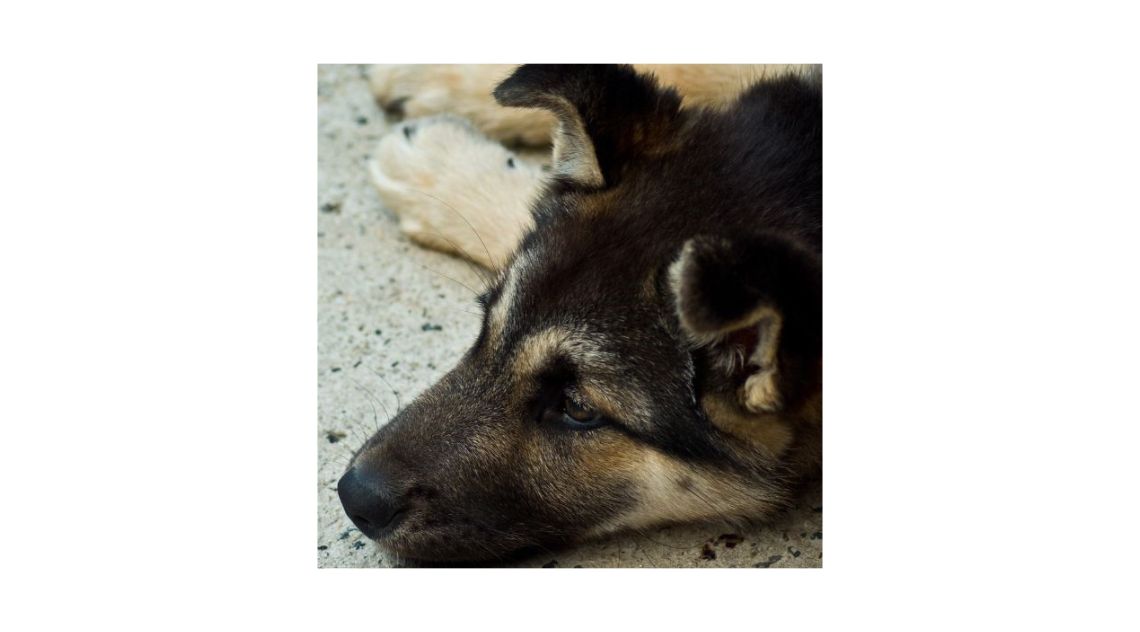
Imodium is an antidiarrhoeal medicine that is available over-the-counter. It works by slowing down the movement of the intestines and helping to firm up the stools.
Imodium is safe for dogs but should only be used as directed by your vet. Giving your dog too much Imodium can cause constipation, so it's important to follow your vet's directions carefully.
Antimicrobial therapy is a type of medicine used to treat infections. This medication can be helpful for dogs suffering from diarrhoea because some types of diarrhoea are caused by bacterial infections.
Antimicrobial therapy is typically done with antibiotics, but some natural antimicrobial medicines can be used too. The most common antibiotic used for dogs with diarrhoea is metronidazole, which is available by prescription.
A bland diet is often recommended as an alternative to medicine for dogs with diarrhoea. This type of diet is high in soluble fibre and low in fat, which can help to firm up the stools and slow down the movement of the intestines.
There are a few different types of food that you can use for a bland diet, but the most common is boiled chicken and rice. This can be given to your dog as-is or mixed with his regular food.
We recommend
| Logic Firm | VetIQ Stool Firm | Verm-X Herbal Liquid |
 |
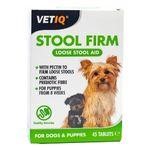 |
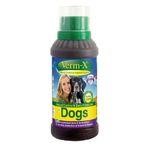 |
| Buy Now | Buy Now | Buy Now |
If your dog has diarrhoea, it's crucial to consult with your vet before giving him any type of medicine. This is because some types of diarrhoea can be serious and require medical treatment.
Your vet will be able to determine if your dog's diarrhoea is caused by a virus, bacteria, or something else. If it's due to a virus like a parvovirus, antibiotics won't be effective and can even worsen the situation.
In most cases, you should only give your dog medication for his diarrhoea if it's severe or lasts for more than a day or two. If the diarrhoea is mild and goes away on its own, there's no need to medicate.
The best way to give your dog medicine will depend on the type of medicine you're using. Some medicines like kaolin clay can be given orally or added to food. Others, such as Imodium, must be administered directly by mouth.
Always follow the directions on the medicine label or from your vet. If you're unsure of how to give your dog his medicine, ask your vet or pharmacist for help.
There are a few things to keep in mind when using dog diarrhoea medicines. First, always be sure to follow the directions on the label or from your vet. Giving your dog too much of a medicine can cause constipation or lead to other side effects.
Second, some types of dog diarrhoea medicines can interact with other medications. If your dog is taking any other type of medicine, talk to your vet before giving him diarrhoea medicine.
Finally, always store dog diarrhoea medicines out of reach of children and other pets. Some of these medicines can be dangerous if taken by humans or other animals.
Most dog diarrhoea medicines are safe when used as directed. However, there is always the potential for side effects.
The most common side effect of dog diarrhoea medicines is constipation. Constipation can happen if you give your dog too much medicine or if he's taking multiple different types of medicine.
Other possible side effects include vomiting, loss of appetite, and diarrhoea. If your dog experiences any of these side effects, immediately stop giving him the medicine and call your vet.

If your dog has diarrhoea, it's important to watch him closely for any signs of dehydration. These can include excessive thirst, lethargy, dry gums, and sunken eyes.
If you notice any of these signs, you must take your dog to the vet immediately. Dehydration can be serious and even life-threatening, so it's important to get medical treatment as soon as possible.
In most cases, diarrhoea is not a serious problem and will go away on its own. However, if your dog has diarrhoea for more than a day or two, he may need to see a vet for treatment.
The most common cause of diarrhoea in dogs is intestinal viruses, such as parvovirus. Bacterial infections, food allergies, and other problems can also cause diarrhoea.
Most cases of diarrhoea last for one to two days and go away on their own. If your dog has diarrhoea for more than one or two days, he should see a vet for treatment.
If your dog has diarrhoea, it's important to watch him closely for any signs of dehydration. These can include excessive thirst, lethargy, dry gums, and sunken eyes. If you notice any of these signs, it's important to take your dog to the vet right away. Dehydration can be serious and even life-threatening, so it's important to get medical treatment as soon as possible.
There are a number of ways to firm up your dog's stool. First, make sure he's getting enough fibre in his diet. You can add a teaspoon of canned pumpkin or other high-fibre food to his regular meals. You can also try giving him a probiotic supplement, which can help to restore the balance of good bacteria in his gut. Finally, make sure he's drinking plenty of water to keep his stools soft and easy to pass.